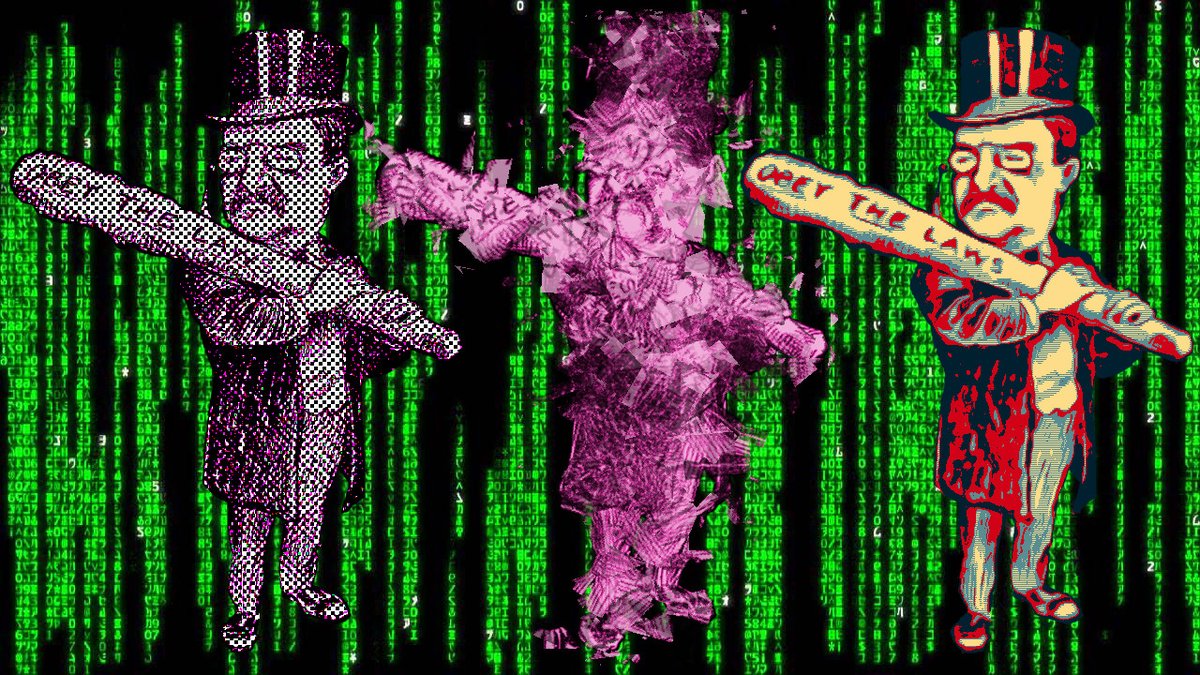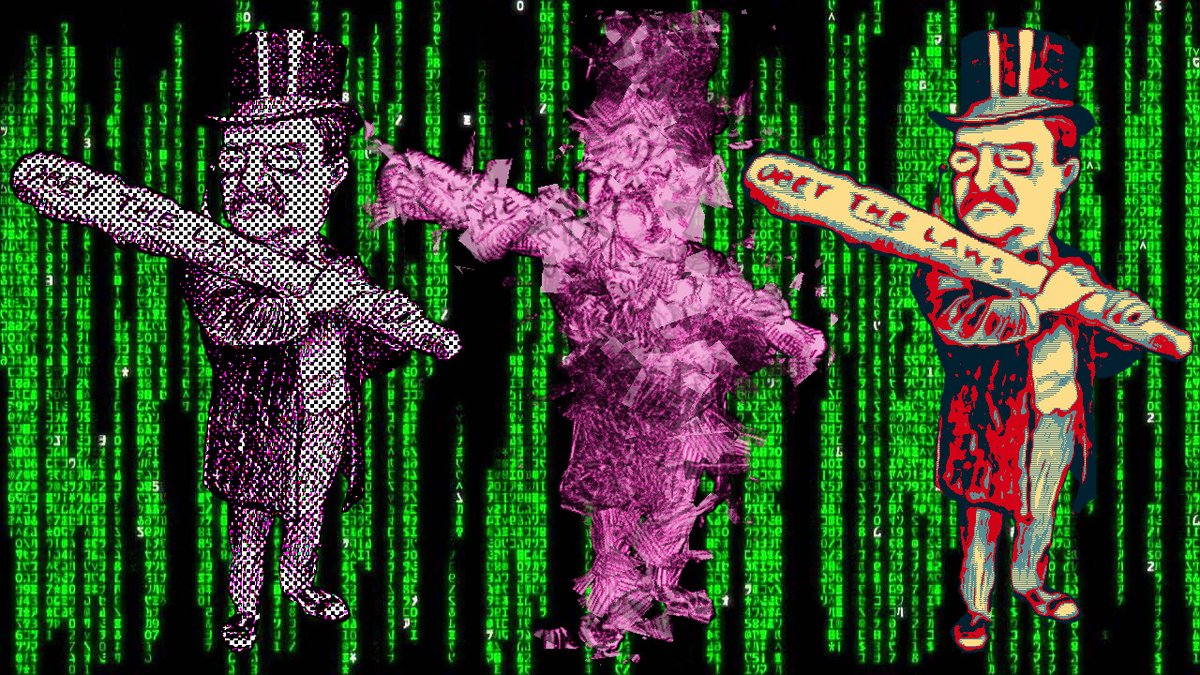
Amazon's Chicago DCH1 warehouse workers are pioneers of Amazon labor organizing. They met brutal treatment with walkouts, petitions and protests that wrung real concessions from Amazon, a company that pioneered worker brutality.
cnbc.com/2020/03/23/ama…
1/
cnbc.com/2020/03/23/ama…
1/

But now DCH1 is being made to suffer. The company has demanded that these workers knuckle under to a new scheduling system called "Megacycles," which is corporatespeak for a ten-hour shift that runs from 1:20AM to 11:50AM.
vice.com/en/article/y3g…
2/
vice.com/en/article/y3g…
2/
Workers that refuse the new schedule - because there is no transit option to get them to their job at that hour, because they are caring for elderly relatives, because they have kids in distance ed - will lose their jobs.
3/
3/
And while this schedule would be a burden to any worker, it's an especially vicious way to treat women workers, who are far more likely to be in caregiving roles at home, and who face extra safety risks associated with midnight travel to their shift.
4/
4/
Amazon claims the benefit of "megacycles" is efficiency - and if "efficiency" means "paying fewer workers to do more work for less money," then they're obviously right.
5/
5/
"@jencrowcroft, a spokesperson for Amazon, told Motherboard that the transition to megacycle provides a longer window for customers to place orders and an improved station experience, and makes it easier for different delivery stations to work together."
6/
6/
Yeah, sure. And also, it means that workers have to abandon their kids and parents and the company of non-nocturnal humans and work 10 hours straight in the middle of the night.
7/
7/
A petition from @Dch1United calls for all Amazon workers to receive a $2/h wage premium for working "megacycles," accommodations for caretakers to allow them to work fractional shifts, and free Lyft rides to and from work.
8/
8/
"The National Employment Law Project found in a 2020 report on workplaces injuries in Amazon warehouses is twice that of the national average for the warehouse industry. " -@LaurenKGurley, @motherboard.
eof/
eof/
• • •
Missing some Tweet in this thread? You can try to
force a refresh







